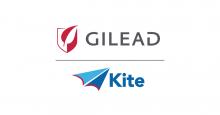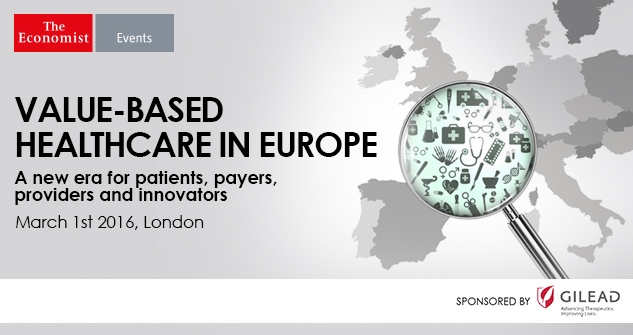Value-based healthcare in Germany: From free price-setting to a regulated market is a report by The Economist Intelligence Unit (EIU), commissioned by Gilead Sciences. It looks at the evolution of health technology assessment and pharmaceutical pricing reform in Germany and examines the new focus on providers and health outcomes.
“The term ‘value-based healthcare’ doesn’t translate well into German,” says Dr Clemens Guth, executive director of Artemed, a private hospital and nursing-home operator in Germany, and co-author of a book on value-based healthcare in Germany with Michael Porter, a Harvard University professor who coined the term. Value-based healthcare looks at health outcomes of treatment relative to cost.
Nevertheless, there are signs that the government is trying to evaluate health outcomes. Some of the most controversial reforms in recent years have involved the assessment and pricing of pharmaceutical products, the reverberations of which are still being felt in the German drug market. In 2011 Germany imposed maximum reimbursement prices for all new reimbursable treatments following the assessment of their added therapeutic value. This put an end to the free pricing era in Germany.
Download the German translation - Nutzenorientierte Gesundheitsversorgung in Deutschland - Von der freien Preisgestaltung zu einem geregelten Markt
Further reading:
- An introduction to value-based healthcare in Europe
- Value-based Health Assessment in Italy: A decentralised model
- Value-based healthcare in Spain: Regional experimentation in a shared governance setting
- Value-based healthcare in France: A slow adoption of cost-effectiveness criteria
- Value-based healthcare in Portugal: Necessity is the mother of invention
- Value-based healthcare in the UK: A system of trial and error
- Value-based healthcare in Europe: Laying the foundation








